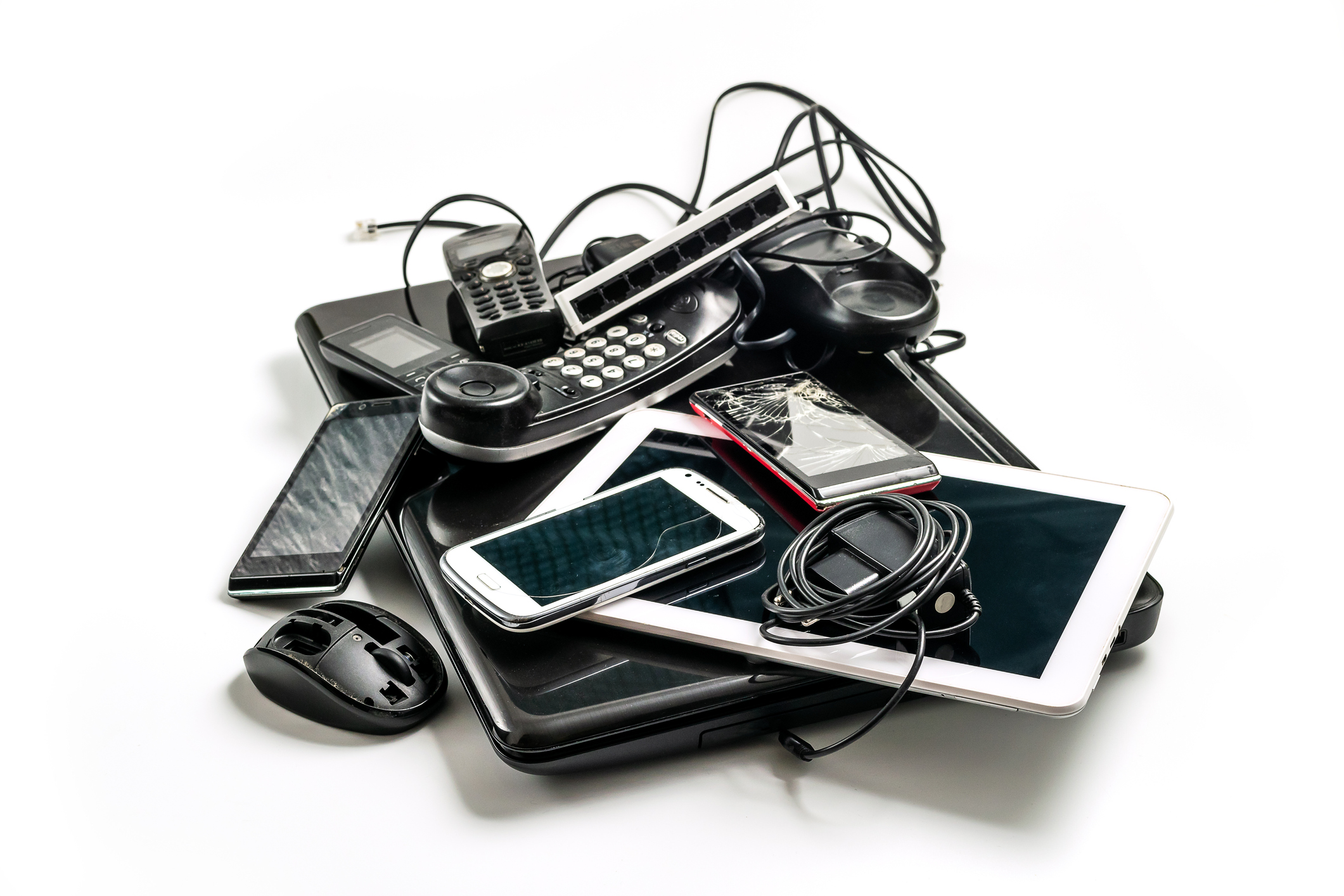-
Contact
Sales & Customer Service
0800 612 6537 support@safelincs.co.uk Live ChatDelivery Enquiries
0800 077 6149 - Resources
Fire & Safety Solutions
CALL OUR TEAM NOW 0800 612 6537
Lines open today 8am - 6pm
Free Delivery
on 100s of Products
Live Chat - Online
Instant help & Advice
Trade Discounts
and exclusive pricing
0% Credit Available
Open an account now
5 Star Customer Feedback
Disposal of old Smoke Alarms, Heat Alarms, & Carbon Monoxide Alarms
Despite their relatively long lifespan, typically 7-10 years, smoke, heat, and carbon monoxide alarms will eventually need to be disposed of. These household alarms fall under the WEEE (Waste Electrical and Electronic Equipment) regulations in the UK. WEEE aims to encourage recycling as much as possible to reduce the amount of waste electrical and electronic equipment incinerated or sent to landfill sites. As part of our commitment to sustainability, Safelincs have signed up to the WEEE scheme.
The process for disposing of smoke alarms, heat alarms, and carbon monoxide alarms is the same in England, Wales, Scotland, and Northern Ireland.

Domestic Alarm Disposal
Homeowners and landlords should drop off old alarms and detectors at their local recycling centre rather than throwing them away in general rubbish or even their council-provided recycling bins.
Note: if the alarm or other WEEE product has user-removeable batteries, these should be taken out and disposed of separately.
Business Alarm Disposal
Business customers are typically required to ensure WEEE compliance when they are disposing of old electronics, including smoke detectors and heat detectors. Many retailers which serve businesses will simply accept products for recycling when business customers buy like-for-like replacement products, even if the original item was purchased elsewhere, though this is not an obligation for products purchased after 2005. For newer products, the business customer would usually need to identify the manufacturer, importer, or re-brander – or the WEEE compliance scheme they are part of – to arrange the take-back of waste electronics.
Note: if the alarm or other WEEE product has user-removeable batteries, these should be taken out and disposed of separately.

WEEE Explained
WEEE (Waste Electrical and Electronic Equipment) regulations are intended to reduce the amount of waste electrical and electronic equipment incinerated or sent to landfill sites by encouraging recycling. The burden with regards to the recycling of these goods falls on primarily on businesses manufacturing, rebranding, or importing smoke alarms or any other electrical equipment for the UK market. Ultimately, manufacturers are required to fund the collection and recycling of their products when they reach end of life, though this burden is passed to companies who rebrand or import goods into the UK market as they take on various responsibilities from the original manufacturer. However, retail and distribution companies also have some obligations to help facilitate recycling as much as possible.
Facilities for WEEE at recycling centres are covered by the Distributor Take-Back Scheme which retailers and distributors can sign up to and help fund to fulfil their WEEE obligations instead of directly taking back waste products and arranging for them to be sent to the manufacturer, re-brander, or importer. As these companies are legally required to provide a way for customers to recycle WEEE, the Distributor Take-Back Scheme is especially helpful for online retailers, removing the need for them to operate their own on-site facilities.
Reviewed: 13/12/2023 (doc:44 V2.1). Our articles are reviewed regularly. However, any changes made to standards or legislation following the review date will not have been considered. Please note that we provide abridged, easy-to-understand guidance. To make detailed decisions about your fire safety provisions, you might require further advice or need to consult the full standards and legislation.



















